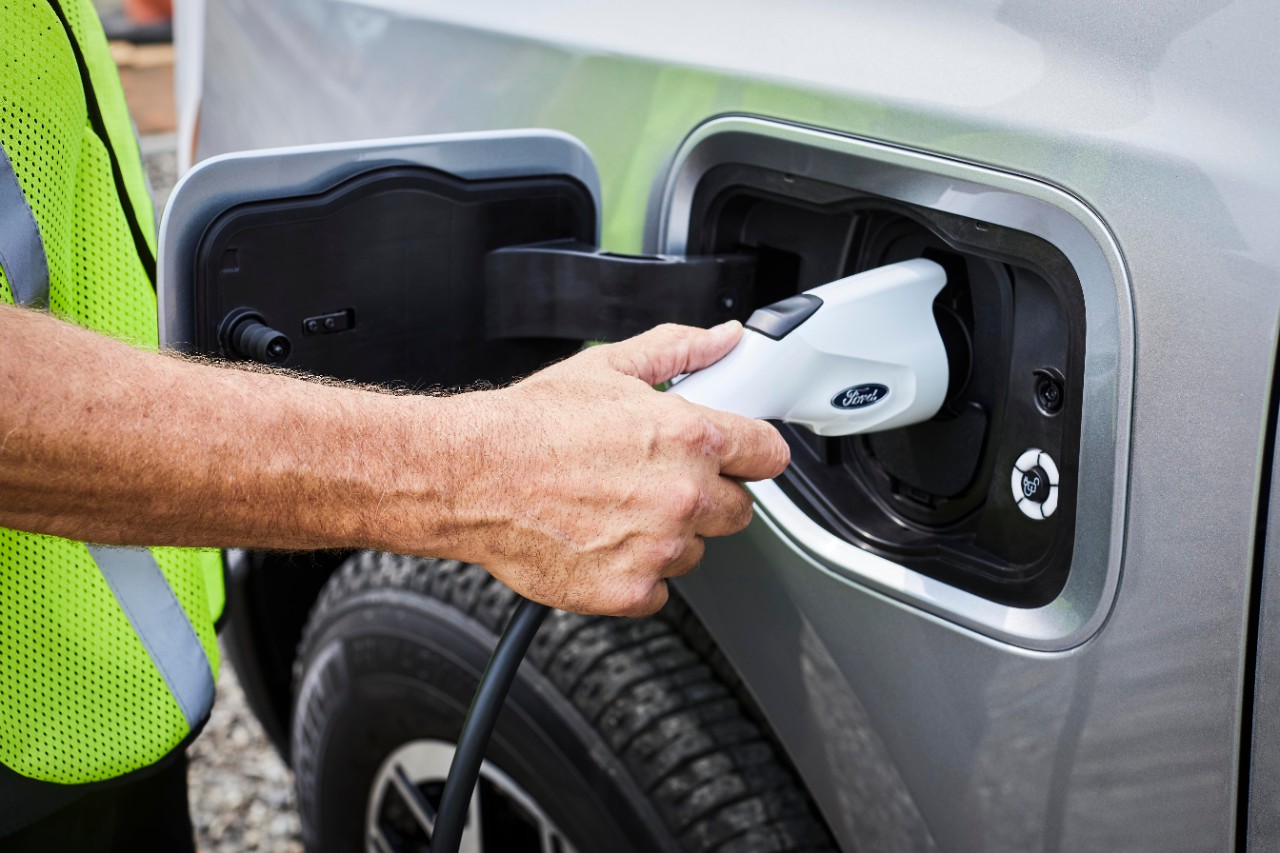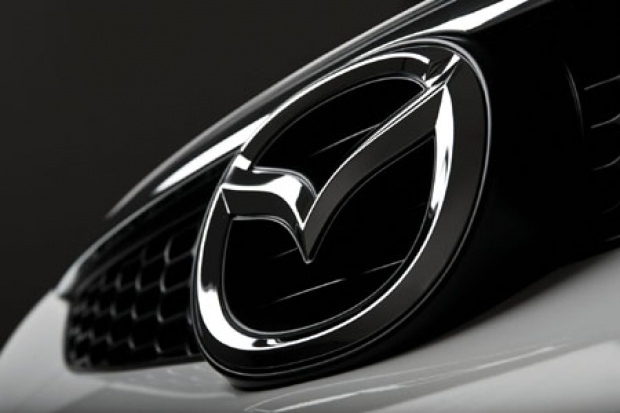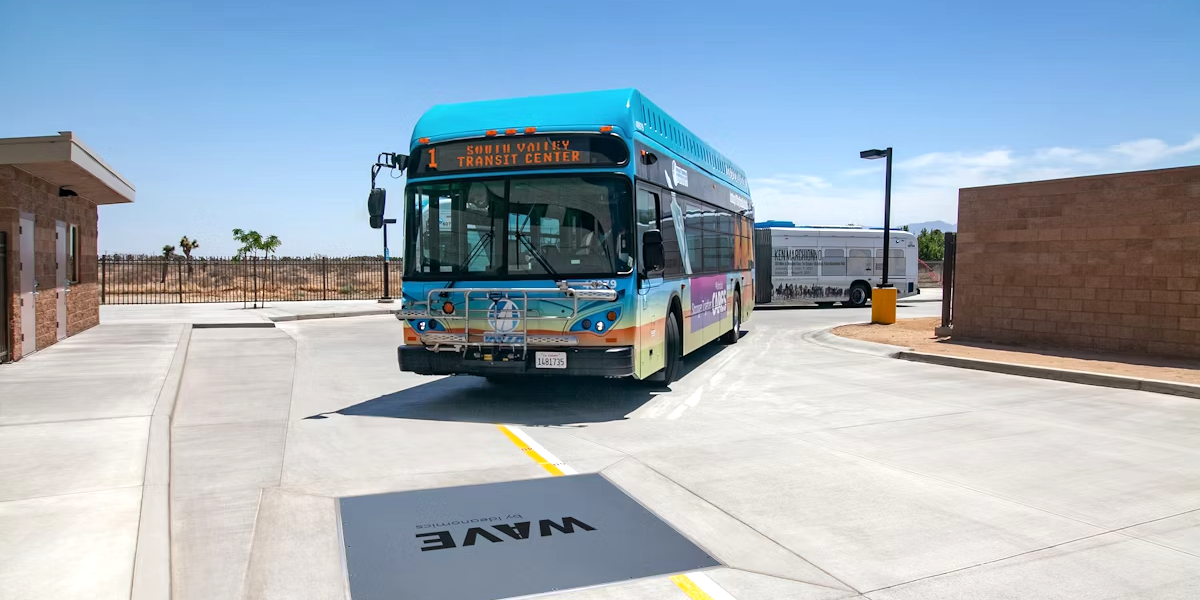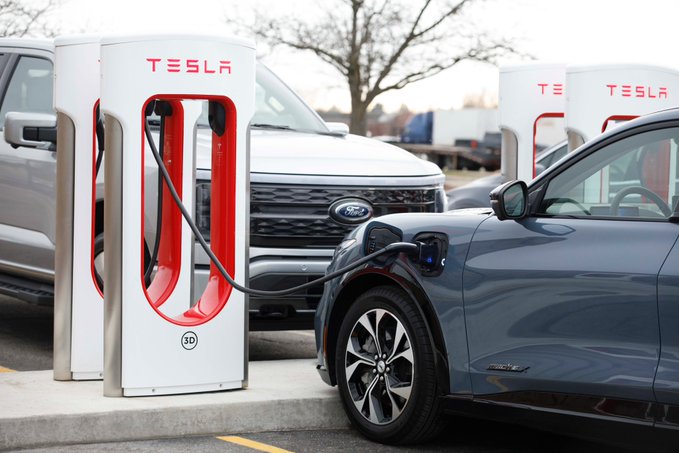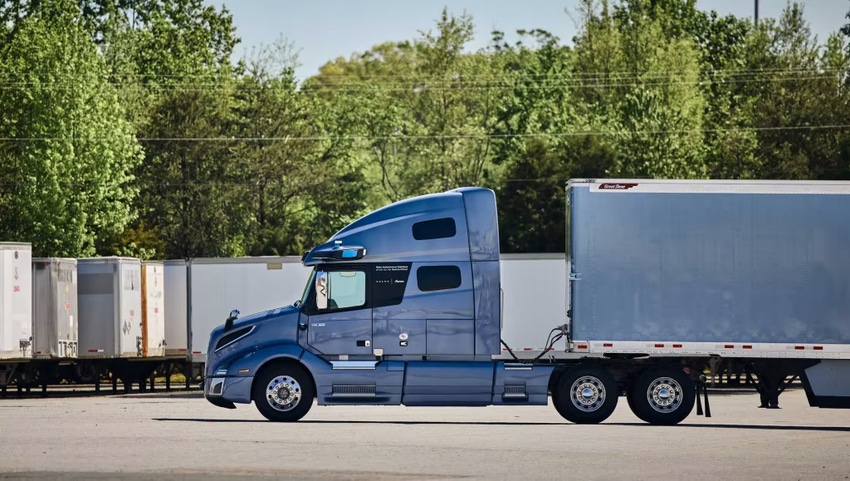The United States is on track to achieve, or even surpass, President Joe Biden’s goal of establishing a nationwide network of 500,000 electric vehicle (EV) charging stations by 2030, according to a statement from a White House official. The ambitious target was initially set by President Biden in 2021 and is showing promising progress, with approximately 170,000 chargers already operational across the country by the end of 2023.
During a press briefing, Ali Zaidi, the White House’s national climate adviser, expressed confidence that the U.S. is on an “accelerating trajectory” to meet the ambitious charging infrastructure goal within the next decade.
See also: North America’s Largest Electric Bus Charging Center Opens in Newark, California
The announcement coincided with the White House’s release of $623 million in grants for new EV chargers. These funds will support 47 projects spanning 22 states and Puerto Rico, facilitating the construction of approximately 7,500 EV charging ports.
Nearly half of the grant allocation will be directed towards 36 community projects in both urban and rural areas, targeting locations such as schools, parks, and libraries. The remaining funds will contribute to “corridor” projects along highways, with more than 70 percent of the money designated for infrastructure development in disadvantaged communities.
U.S. Transportation Secretary Pete Buttigieg emphasized the significance of this initiative, stating, “This is just one part of the puzzle. But thanks to President Biden’s leadership and the infrastructure law, we have funding for tens of thousands more [chargers], as part of a larger national policy and national effort.”
See also: Australia Mandates Stringent Standards for New EV Charging Stations
Despite the positive strides, challenges remain on the path to comprehensive EV infrastructure. A study by the National Renewable Energy Laboratory indicated that the U.S. would require a total of 28 million charging ports to support a scenario where 33 million EVs are on the road by 2030. However, the estimated costs for installing this extensive public charging network are substantial, reaching as high as $55 billion. Currently, the Biden administration has committed $5 billion in grants for charging infrastructure, highlighting the need for continued investment and collaboration between the government and private sector.

